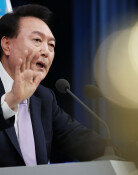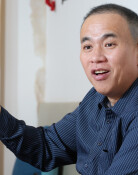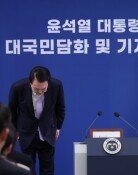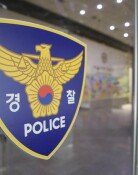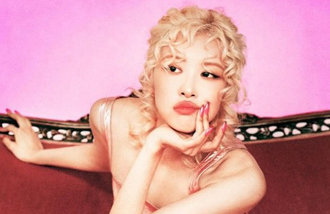Prosecutors’ professionalism in crisis due to sloppy First Lady probe
Prosecutors’ professionalism in crisis due to sloppy First Lady probe
Posted September. 02, 2024 07:47,
Updated September. 02, 2024 07:47
There were expectations that the intense controversy would be over for good. In the decade following the Sewol ferry disaster in 2014, the public investigative bodies established by the government alone have included the Special Investigation Committee (established in 2015), the Ferry Hull Investigation Committee (2017), and the Special Committee on Social Disaster (2019). Especially during the activities of the Ferry Hull Investigation Committee and the Special Committee on Social Disaster, where many experts in shipbuilding and marine engineering participated, there were high hopes that the cause of the disaster would be properly investigated.
As the committees’ activities progressed, the scientific conclusions increasingly weighed in favor of the ship's defects (theory of endogenous cause) rather than a collision with an external force such as a submarine (theory of exogenous cause). But while such conclusions gained ground, experts left the committees one after another. They did so because they were under the social pressure of the same old conclusion as the Park Geun-hye administration’s. So far, the conclusions of various committees have been vague, such as “a hull defect or an external collision.” The conspiracy theories surrounding the Sewol ferry have not gone away.
The Sewol ferry disaster is a classic example of the crisis that experts are facing in Korean society. This crisis of professionals, a combination of social pressures that threaten professionalism and a lack of effort or willingness on the part of the professionals themselves to defend their professionalism, is not unique to Korea. It is a global phenomenon, as pointed out by American political scientist Tom Nichols in his book “The Death of Expertise” (2017). The voice of experts is losing ground, and it is apparently happening all over the world.
In Korean society, lawyers and medical professionals have long been considered the leading experts. However, these two groups are currently facing the biggest crises. The erosion of trust in the legal profession, particularly in the criminal justice sector, has reached an alarming level, mirroring the boiling point of the crisis faced by prosecutors.
The most emblematic case is the conflict within the prosecution over the investigation of First Lady Kim Keon Hee. The controversy, which began with a closed-door, face-to-face interview with Kim at a third location, reached its peak when the prosecutor general called for convening of an investigation review committee before reaching a conclusion over the case of a Dior bag Kim had received inappropriately. Prosecutor General Lee Won-seok said that the investigation team's evidence judgment and legal analysis were done properly, but nonetheless convened the panel, saying, “The prosecution will enhance fairness and tie up loose ends to ensure no more controversies will remain.”
Prosecutors always use the phrase " only according to the evidence,” “investigate by strictly following the principle in compliance with the law,” and so on whenever they conduct a controversial investigation. Many people scratch their heads when prosecutors say that there is no problem with the evidence and the law, but they still invite outside experts to review and judge the Kim case.
It is crucial to understand that the prosecutors investigating the First Lady case have not only had their duty to be impartial called into question, but their legal expertise as well. The need for impartial investigation and the upholding of justice is now more urgent than ever. By allowing the family member of the man in power to be investigated outside of the prosecutor's office and without fear of public scrutiny, prosecutors are left with nothing to say to whoever makes the same request. This is a stark consequence of the loss of the principle of ‘equality before the law’ and the professionalism of ‘impartial investigation.’
It is time for prosecutors to ask themselves who have created the ‘powerful enemies’ that threaten prosecutors themselves as ‘criminal justice professionals.’



